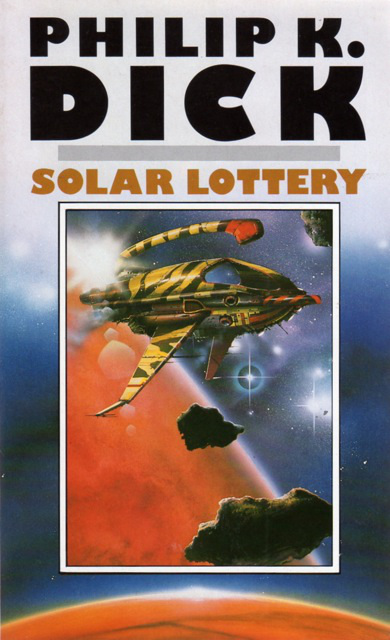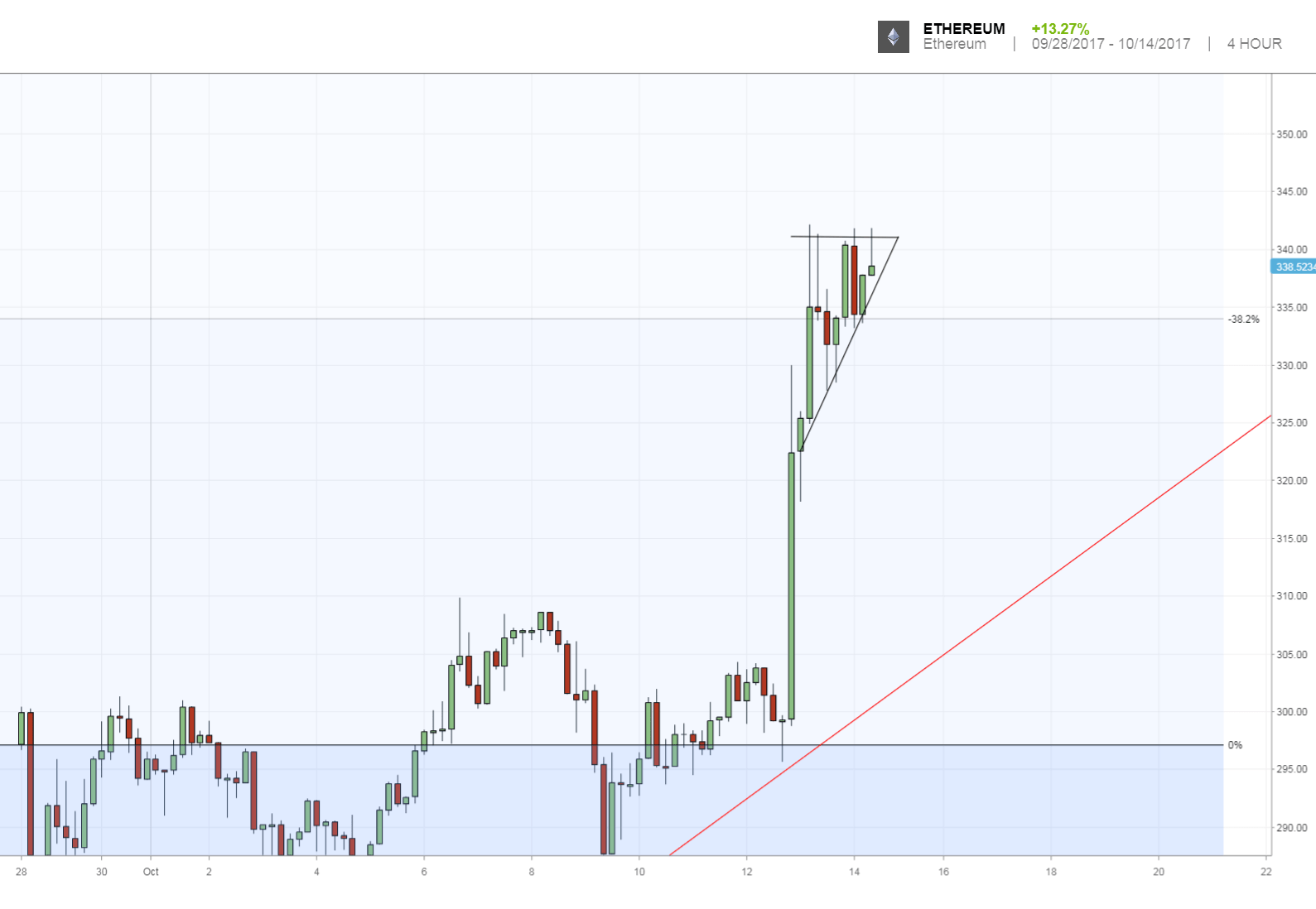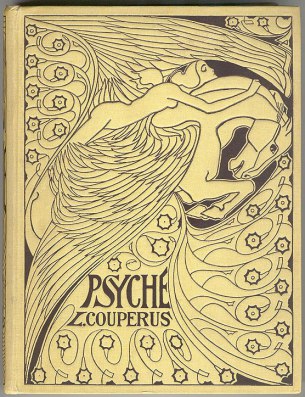The PKD series continues with a look at his first published novel.
Raw Feed (1989): Solar Lottery, Philip K. Dick, 1955.
Given all of Dick’s own statements and complaints about the supposed bad quality of this novel, I was expecting a bad read.
I was pleasantly surprised.
Dick creates an intriguing society ruled by lottery, social Darwinism, and the economics of conspicuous consumption. (Frederick Pohl also addressed the absurdity of conspicuous consumption in The Midas Plague.) Dick postulates economic depression eroding people’s faith in natural law and a political system based entirely on chance emerging. People also become absurdly superstitious. The omens at the novel’s beginning are very Roman like as is the social feature of patronage mentioned in passing.
The application of von Neumann’s game theory to society was interesting. I know little about his mathematical theories, but I have seen other references to them in sf stories of the early fifties. I’d like to know about their application in the Korean War. [Specifically, Ralph Williams’ “Pax Galactica” involves game theory and alludes to its use in the Korean War.]
Dick’s political order is randomness and survival of the fittest incarnate.
Even at this state of his career, Dick’s ear for dialogue was good though his characterization was not quite as developed as it was to become, but it’s still good. The book’s plot whizzes along enough to qualify for Dick’s term of “potboiler”. The characters are every bit as mercurial and irrational as ever in Dick’s work, a trait that accounts for his very believable characters.
The book’s big fault, though, is in the details of his society.
There’s really only about two pages of social exposition, and Dick leaves many questions unanswered. How do quizzes fit in to the order? Why is the chief official the Quizmaster? How are classifications changed? What is the relation between the classified and unclassified? Under what conditions does the bottle twitch and select a new leader? How do the p-cards work?
Dick leaves a lot unexplained.
I do like the idea of publically sanctioned assassination as an answer to tyranny and incompotence (though I wouldn’t want to live in such a society). I also liked Dick’s use of Heisenberg’s Uncertainty Principle in political and philosophical terms. The figure of Moore and his contradictory, scheming, pontifical nature reminded me of Joseph Goebbels. And Dick, with the Pellig machine, introduces, in a muted form, his concern with reality’s nature and appearance into a novel length work.
Read enough Dick work and material about him and you begin to notice possible personally relevant things in his fiction. Here it is one remark by Ted Benteley, “And I hate fathers.” A possible clue to Dick’s own feelings about his father and genesis of his distrust for authority figures.
And even in this first published novel, the deceitful, neurotic female (of course, there are plenty of neurotic males in Dick’s works) — as characterized by Eleanor Stevens — makes an appearance. She is a pathetic, startling, always interesting. Her death is poignant.
More reviews of fantastic fiction are indexed by title and author/editor.
Advertisements Share this:




